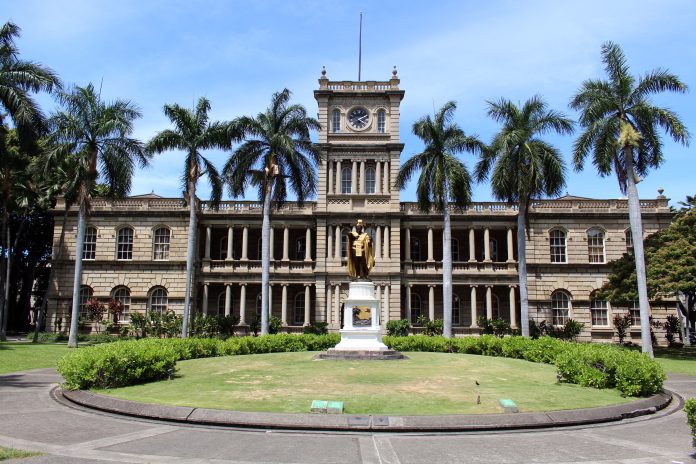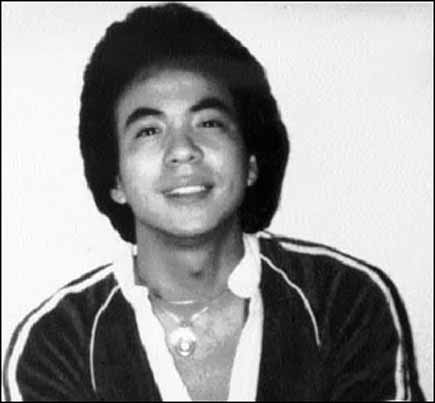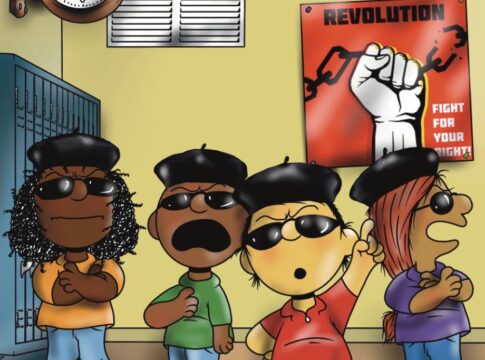The Hawaii Supreme Court issued a landmark decision on Thursday in the case over Nā Wai ‘Ehā, the ‘Four Waters’ of Waihe‘e, Waiehu, Wailuku, and Waikapū in central Maui.
The case, which spanned nearly two decades, revolves around a water dispute between local community groups on Maui and for-profit companies Wailuku Water Company and Hawaiian Commercial & Sugar (HC&S).
Nā Wai ʻEhā, or Maui’s “Four Great Waters”, is composed of the Waiheʻe River, Waiehu Stream, Wailuku River, and Waikapū Stream, as well as the surrounding watersheds from the mountains to the sea. The Nā Wai ʻEhā region has supported the largest continuous region of Wetland conservation and also became one of the main starting points for colonization, and plantations taking of stream and ʻauwai (traditional irrigation channel) flows as private property.
In 2004, two community organizations, the Maui Tomorrow Foundation and Hui o Nā Wai ʻEhā, both represented by Earthjustice, went to court to stop the hoarding of water by the Wailuku Water Company and Hawaiian Commercial & Sugar (HC&S).
The court, after a 134-page unanimous opinion, ruled in favor of the Maui Tomorrow Foundation and Hui o Nā Wai ‘Ehā, overturning 2021 state Commission on Water Resource Management decision that failed to return more stream flows to Nā Wai ‘Ehā after a HC&S plantation was closed in 2016, according to Earthjustice. The case sent back to the commission to properly restore the Nā Wai ‘Ehā stream flows to the furthest legal extent.
LATEST STORIES
As reported by Maui Now, Earthjustice said that the court agreed with the community groups and Office of Hawaiian Affairs (OHA) that the commission failed to meet its legal duties to restore stream flows following the closing of an HC&S plantation.
“In its 2021 decision, the commission essentially retained the existing flow levels that were set while HC&S was still in full operation,” Earthjustice added.
The court also ruled that the commission fell short of protecting Native Hawaiian rights dependent on stream flows such as fishing, growing kalo, and gathering.
“While thorough in many respects, the Commission’s final decision still does not evince the ‘level of openness, diligence, and foresight’ that is required where vital public trust resources like water are at stake,” the court said, according to Maui Now.
“We are grateful that the supreme court continues to understand that the health and well-being of our community is directly linked to the health and well-being of our ʻāina, wai, and kai,” said Hōkūao Pellegrino, President of Hui o Nā Wai ʻEhā, in an interview with Maui Now. “This ruling once again makes clear that the protection of our streams and kuleana kalo farmers’ rights is of utmost importance. It further speaks to the resiliency of the Nā Wai ʻEhā community and our commitment to mālama our water resources, increase kalo production, and revive mauka-to-makai native ecosystems.”
Earthjustice attorney Isaac Moriwake also told Maui News, “When we began this fight two decades ago, Nā Wai ‘Ehā were drained dry for private profit, but this latest ruling by the supreme court further turns the flow of history toward justice.”
“This win is a testament to the Nā Wai ‘Ehā community, including many kupuna who join us in memory and spirit, who continue to make history by standing for a more pono water future,” Moriwake continued.
This court settlement is the latest historic ruling from Hawaii’s supreme court that upholds the legal concept that water resources, such as flowing streams and rivers, are a public resource requiring legal protection.
AsAmNews is published by the non-profit, Asian American Media Inc. Follow us on Facebook, X, Instagram, TikTok and YouTube. Please consider making a tax-deductible donation to support our efforts to produce diverse content about the AAPI communities. We are supported in part by funding provided by the State of California, administered by the California State Library in partnership with the California Department of Social Services and the California Commission on Asian and Pacific Islander American Affairs as part of the Stop the Hate program. To report a hate incident or hate crime and get support, go to CA vs Hate.







